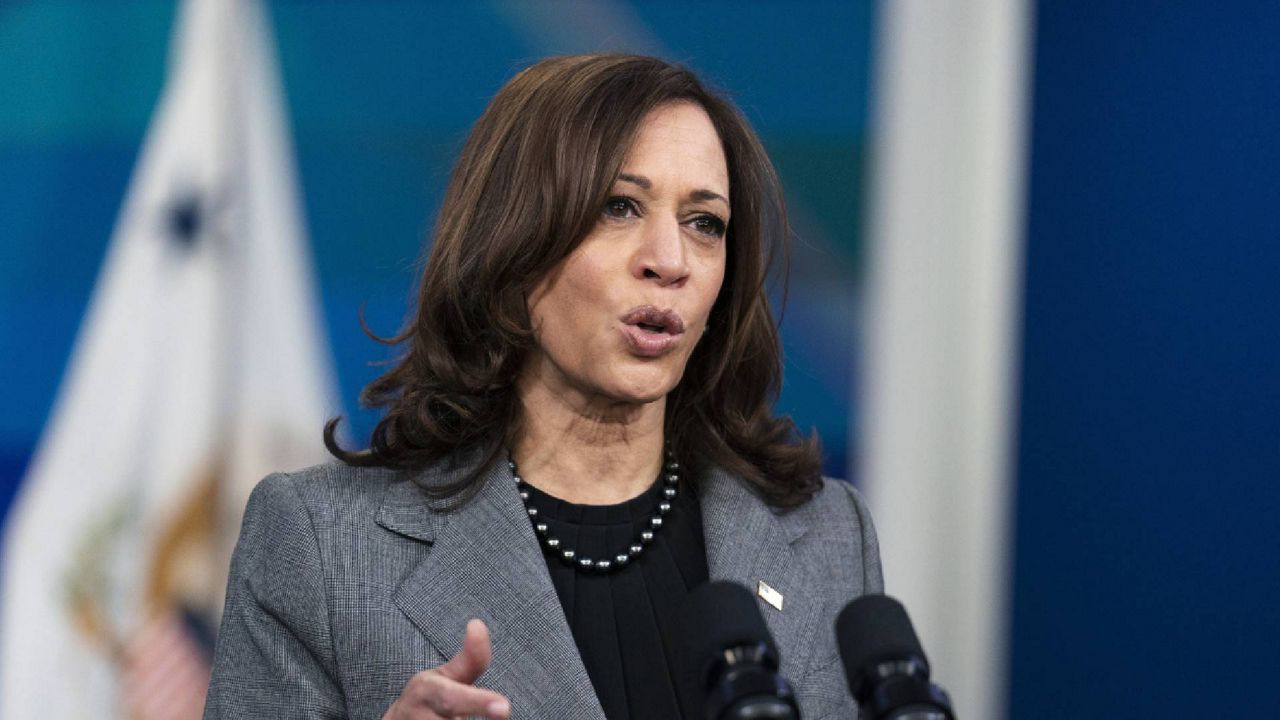The vice president and top health officials on Thursday announced that tens of thousands more moms covered by federal programs now have access to postpartum care for a full year after birth, as part of a new state authority covered by the COVID-19 relief bill passed last year.
More than 250,000 Americans in 14 states and Washington, D.C. now have access to 12 months of postpartum coverage — up from 60 days of required care — through Medicaid and the Child’s Health Insurance Program, under a pandemic-related option for states that went into effect in April, the White House said.
Vice President Kamala Harris, a long time advocate for maternal health, helped make the announcement on Thursday on a call with reporters.
“I do believe our nation is facing a maternal mortality crisis,” she said. “Women in our nation are dying from pregnancy-related causes at a higher rate than any other developed nation.”
The U.S. rate of pregnancy-related death is more than 17 per 100,000 births, according to the Commonwealth Fund, compared to half that in countries like Canada and France and rates as low as three or less in comparable nations like the Netherlands, New Zealand and Norway.
Harris highlighted on Thursday the fact that Black women are nearly three times more likely than white women to die from pregnancy-related complications, while the risk is more than double for Native American women and 60% more likely for women in rural areas.
The Centers for Medicare and Medicaid Services recently approved four more jurisdictions for the year-long postpartum coverage, officials announced Thursday — Maine, Minnesota, New Mexico and Washington, D.C. That added another 15,000 people who are eligible each year.
The coverage expansion is available to states for five years, starting this past April.
That brings the total to 14 states and D.C. that have taken advantage of the option to extend postpartum care since it went into effect in April, also including California, Florida, Illinois, Kentucky, Louisiana, Michigan, New Jersey, Oregon, South Carolina, Tennessee and Virginia.
CMS Administrator Chiquita Brooks-LaSure said her agency is working with other states who have submitted requests for approval for the expanded postpartum care.
“Now, 250,000 families have time to focus on the health of their baby and themselves, instead of having to worry about whether they have health care coverage,” the administrator said. “That alone could be the difference between life and death.”
If all states opted in, the White House estimates that as many as 720,000 people would be covered each year. Medicaid financed about 42% of all births in the country in 2020.
The vice president has long advocated for maternal health and specifically Black maternal health, helping to craft a package of bills when she was a senator nicknamed the “Momnibus.”
Reintroduced in the House this year, the maternal health bills would do things such as incentivize insurance companies to offer longer coverage of postpartum care, promote vaccinations for moms, invest in social determinants of health like housing and nutrition, and more.
Some of the bills were expected to be included in the Democrats’ sweeping social and climate spending bill that has since lapsed on Capitol Hill.
Asked whether the administration would like to see a renewed push to pass the Momnibus, Brooks-LaSure told Spectrum News that they “want to continue to build on” the postpartum coverage passed as part of the COVID-19 relief funding.
